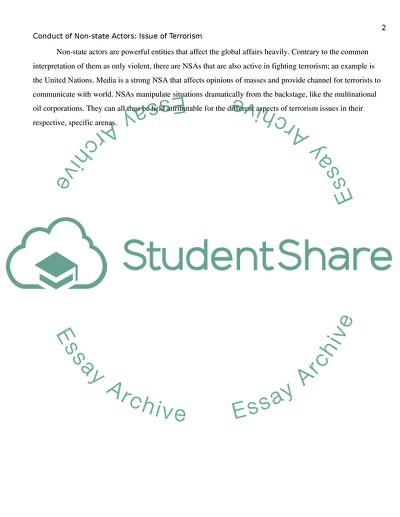Cite this document
(Attributability of the Conduct of Non-State Actors Term Paper, n.d.)
Attributability of the Conduct of Non-State Actors Term Paper. Retrieved from https://studentshare.org/military/1743382-attributability-of-the-conduct-of-non-state-actors-the-issue-of-terrorism
Attributability of the Conduct of Non-State Actors Term Paper. Retrieved from https://studentshare.org/military/1743382-attributability-of-the-conduct-of-non-state-actors-the-issue-of-terrorism
(Attributability of the Conduct of Non-State Actors Term Paper)
Attributability of the Conduct of Non-State Actors Term Paper. https://studentshare.org/military/1743382-attributability-of-the-conduct-of-non-state-actors-the-issue-of-terrorism.
Attributability of the Conduct of Non-State Actors Term Paper. https://studentshare.org/military/1743382-attributability-of-the-conduct-of-non-state-actors-the-issue-of-terrorism.
“Attributability of the Conduct of Non-State Actors Term Paper”, n.d. https://studentshare.org/military/1743382-attributability-of-the-conduct-of-non-state-actors-the-issue-of-terrorism.


